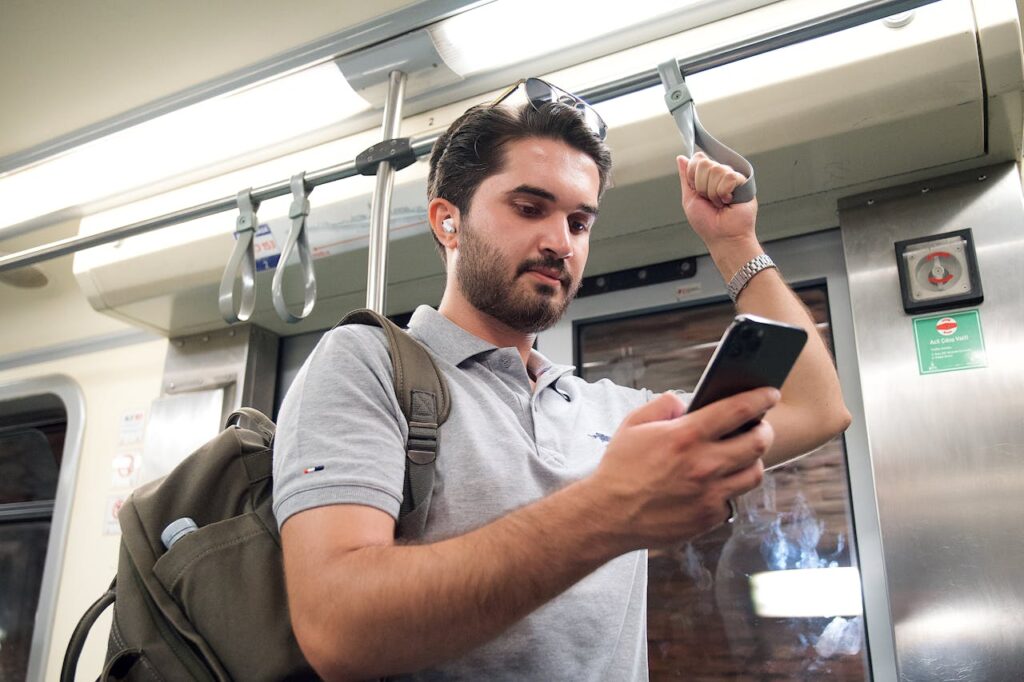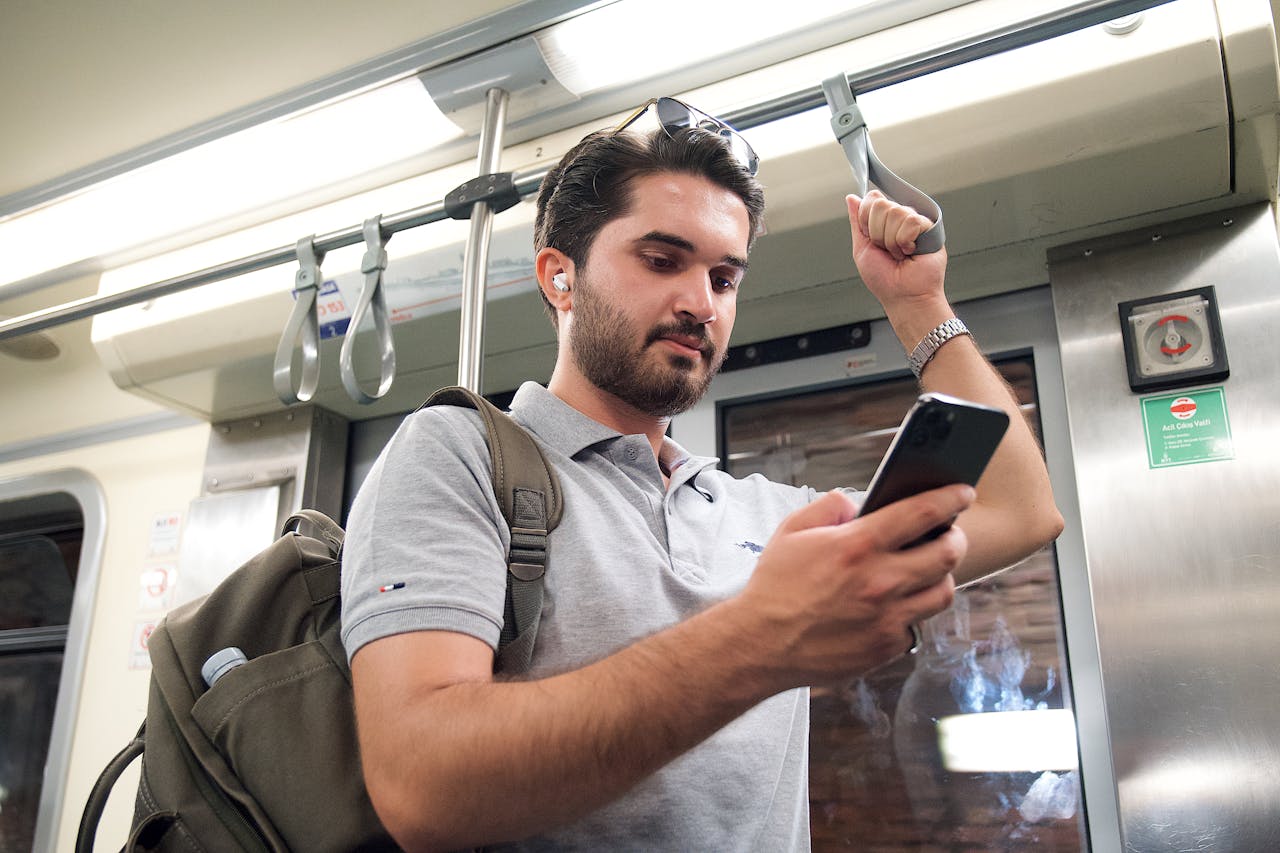
Case Overview
In Taylor’s Services Ltd v HMRC, zero-hours workers travelled to farms nationwide providing poultry services. They were picked up by their employer’s minibus from their home addresses. HMRC issued a notice of underpayment of national minimum wage (NMW) to their employer. HMRC concluded that time spent by the workers travelling by minibus to and from their home addresses to the various farms ought to be paid at the national minimum wage. The employment tribunal agreed with this position, taking a sequential approach to Regulations 30 and 34 of the National Minimum Wage Regulations 2015.
Key Regulations Involved
However, the Employment Appeal Tribunal disagreed. It held that time spent ‘just’ travelling is not “time work” for Regulation 30 unless it is deemed to be such by Regulation 34.
Regulation 30 of the National Minimum Wage Regulations 2015 states:
“Time work is work, other than salaried hours work, in respect of which a worker is entitled under their contract to be paid—
(a)by reference to the time worked by the worker;
(b)by reference to a measure of output in a time where the worker is required to work for the whole of that period; or
(c)for work that would fall within sub-paragraph (b) but for the worker having an entitlement to be paid by reference to the period of time alone when the output does not exceed a particular level.”
Regulation 34 (1) (a) states that “The hours when a worker is travelling for the purposes of time work, where the worker would otherwise be working, are treated as hours of time work unless the travelling is between—
(a)the worker’s home, or a place where the worker is temporarily residing other than for the purposes of working, and
(b)a place of work or a place where an assignment is carried out.
Regulation 34(2) states:
“In paragraph (1), hours treated as hours when the worker would “otherwise be working” include—
(a)hours when the worker is travelling for the purpose of carrying out assignments to be carried out at different places between which the worker is obliged to travel, and which are not places occupied by the employer;
(b)hours when the worker is travelling where it is uncertain whether the worker would otherwise be working because the worker’s hours vary either as to their length or in respect of the time at which they are performed.”
Employment Tribunal’s Initial Decision
Unless there is ‘work’ being done while ‘travelling’, the time spent on that activity cannot be ‘work’ for the purposes of Regulation 30. The mere fact that the travel is travel that the employer obligates the worker to undertake – using their minibus – does not turn the travel into work. Those are just different ways in which the travel might be something the employee is ‘obliged’ by the employer to do. The EAT stated that just because the work travel was onerous, unpleasant, lengthy and mandated by the employer, it was still travel. The workers were free to talk, snooze, read or engage in other activities such as listening to music. They were not working, but travelling for time work, which began on arrival at their destination and ceased when their poultry work was done, and they awaited the minibus to take them home.
Employment Appeal Tribunal’s Ruling
The EAT stated in paragraph 47 of its judgment: “If the employer requires the employees to be collected from, and returned to the home, then they are not (on my analysis) entitled to NMW, but if the employer requires them to come to its premises first, then the subsequent travel is deemed by regulation 34 to be “time work” and the NMW is payable”.
The EAT set aside the employment tribunal’s decision and allowed the employer’s appeal against the notices of underpayments of NMW that HMRC had issued.

